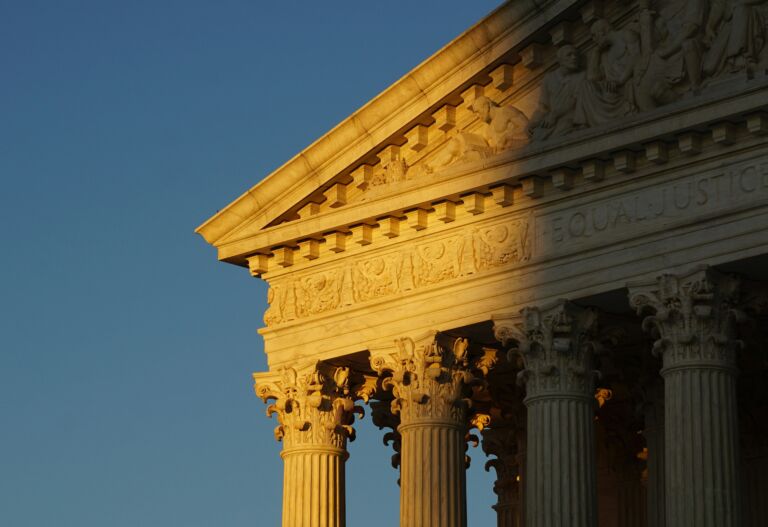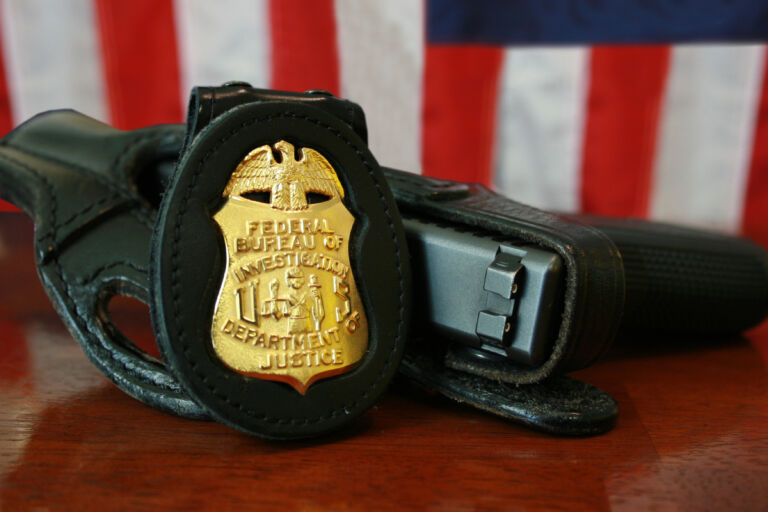Mark Chesnut highlights a recent revelation about the FBI’s role in misleading the public about responsible gun owners’ role in dealing with active shooters.
In mid-December, Dr. John Lott, president of the Crime Prevention Research Center (CPRC) and a world-recognized expert on guns and crime, testified before a Congressional subcommittee on violence and made some startling revelations. Perhaps one of the most important was that the Federal Bureau of Investigation (FBI) covered up the fact that armed citizens use their guns quite frequently to stop active shooter attacks.
According to Lott’s testimony before the U.S. House Judiciary Committee’s Subcommittee on Crime, Terrorism and Homeland Security, the FBI grossly underreported the number of times armed citizens had stopped active shooters over an eight-year period from 2014 to 2021.
Lott told members of the subcommittee that the FBI hired academics from Texas State University to find news stories about incidents where active shooter incidents (defined by the agency as incidents in which an individual actively kills or attempts to kill people in a populated, public area) were stopped by armed citizens. Subsequently, the agency reported that armed citizens stopped only 11 of 252 active shooter incidents, or about 4.4 percent.
Despite having a far smaller budget than the FBI, Lott’s group decided to do its own search for such news stories. What he found was quite eye-opening. “We discovered a total of 360 active shooter incidents from 2014 to 2021, and found that an armed citizen stopped 124 of these,” Lott testified. “I also found that the FBI had misidentified five cases, usually because the person who stopped the attack was incorrectly identified as a security guard.”
Lott believes that even those numbers could be low, since much of the media trends toward the anti-gun side of the equation and might not report all such incidents. “Though we found that armed citizens had stopped 11 times more cases than the FBI reports, I make no claim that we have identified all of them,” he told the subcommittee.


